Date: 6 April 2012
Established in 1940, over the last 15 years it has also made a name for itself in the glass sector and has pushed for direct investments in Mexico City, to optimize its coverage of Latin America and in China, where it has entered into a joint venture for the production of quartz glass tubes.
Two siblings are the latest generation, the third, to join the company -- Armando and Virginia Giro. Armando, with a degree from the Bocconi University, is 33 years old and is the Acquisitions and Sales Manager for international markets; Virginia holds a degree in broadcast engineering, is 30 years old and is the Production and Technical Sales Manager. We sat down with them at their place of business to talk about what the future holds.
The history of your family business, Helios Italquartz, has its roots in Italy’s recent industrial development, when in 1940 your grandfather Armando Giro launched the company. Today you are part of a business that has changed a lot. If you look back to the days of your grandfather’s budding business, what intrigues you the most, and what would you most like to keep from those times?
In a certain sense, those times were more congenial to the entrepreneurial spirit; there certainly was less red tape, and fewer labor-related issues; employees were more motivated then and more interested in the work they were doing, and also were more dedicated to the company.
Your educational background and your current jobs give the impression that your positions with the company were part of a program, one you decided on when you were younger, and probably based on your natural aptitudes. Is this really true or did you make this decision after having looked at other options or had other experiences?
Our educational choices grew out of our natural aptitudes and interests, which also turned out to be a good investment for the company.
Our on-the-job training began with an experience in China, where we learned about manufacturing and sales/marketing strategies.
The business model you have adopted, which spans very different product sectors, probably allows you to absorb the fluctuations that inevitably occur in one market today and another tomorrow. This is an advantage that you lose when the difficulties are more generalized, but is it also true that some sectors, like the glass industry, offer a certain degree of stability. Which markets currently inspire the most confidence?
No doubt about it: China, Brazil and the United States.
Again, thanks to your umbrella-like activities that cover more than one sector, are you also able to dig deeper in the economies of the various countries you export to? Above and beyond the typical responses, in your opinion what are the most promising global markets for you, and which are the most risky in terms of local competition?
From this standpoint, the most risky one is the Chinese market; but, as we already noted, we consider China, Brazil, the US and Germany to be the most promising.
With the continuing wave of ups and downs, the global crisis of 2008 seems reluctant to let go. In your opinion, will the decade we are living in bring major changes in the structure of your international manufacturing and distribution?
Of course.
If you were face to face with a young, recently graduated Italian, who is rather discouraged by the lack of opportunities on the horizon, what would you say to instill a bit of confidence?
To work with dedication, even though the opportunities at first glance might not live up to expectations. Get into the habit of doing your best work, take the initiative, and exercise good judgment, and it will certainly lead to recognition that will pay off in the future.

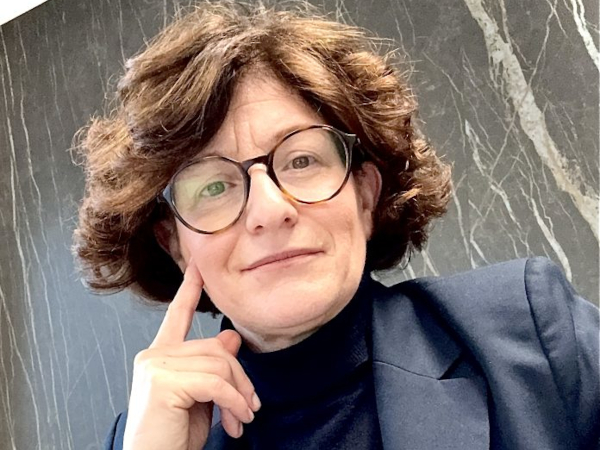
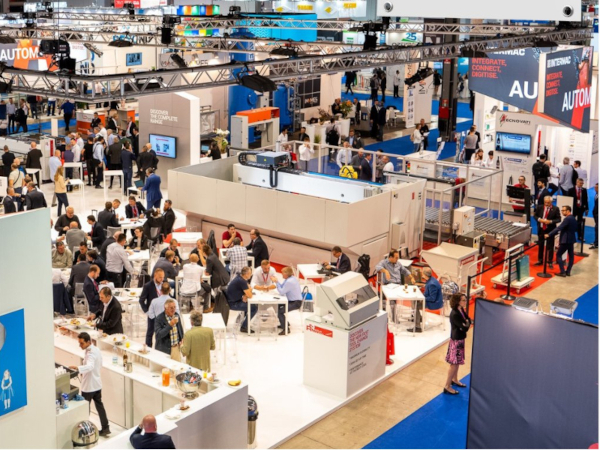
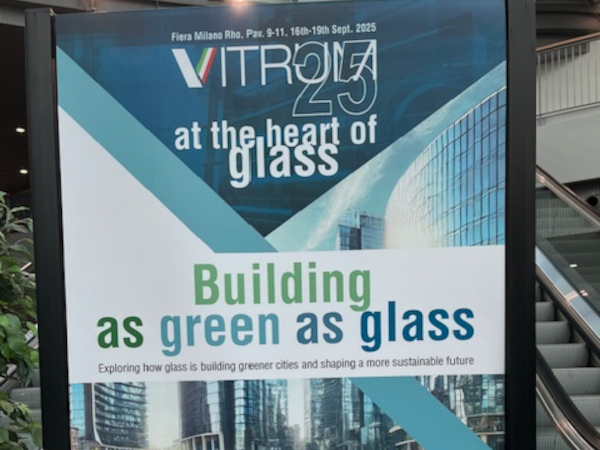

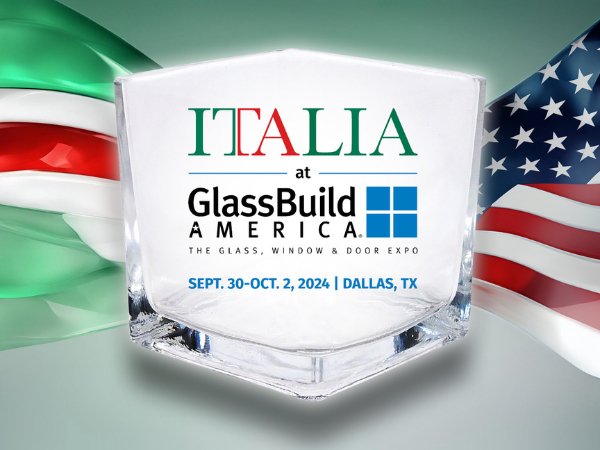
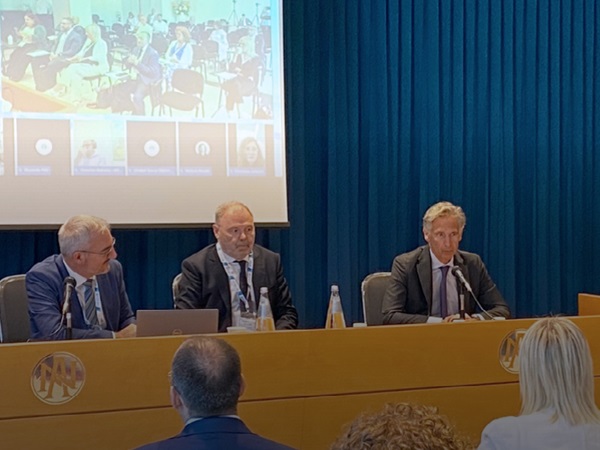
Add new comment